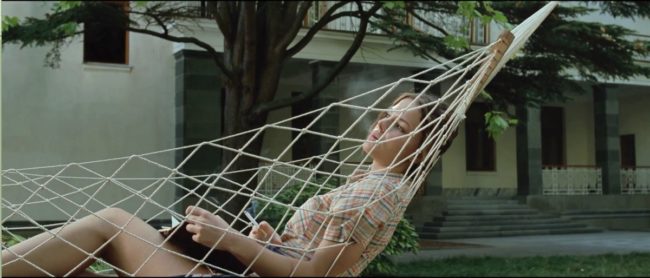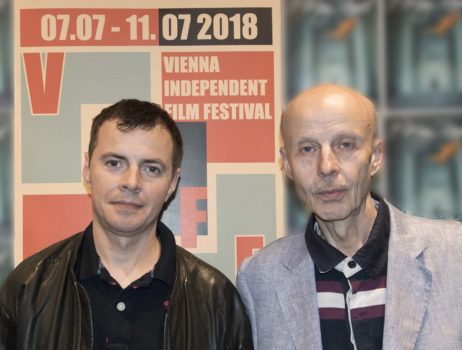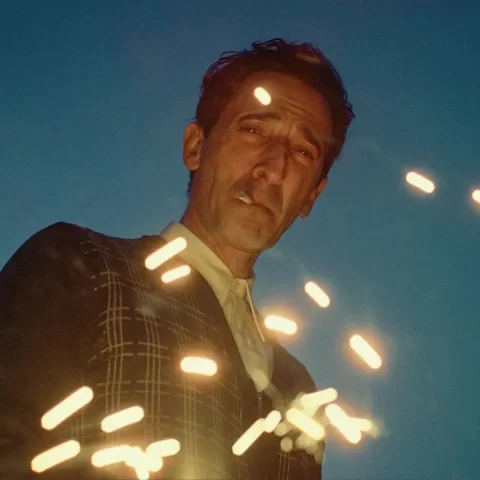
On 10 of July the Vienna Independent Film Festival hosted the Austrian premiere of the film NO-ONE in the cinema Actors Studio. The film received the awards in the categories Best Feature Film and Best Cinematography.
No-One is an unexpected take on the familiar Soviet period theme. It is a joint production of Ukraine and Israel.
The picture was directed by son and father Lev and Vladimir Prudkin.
The action takes place in the Crimea in August 1991. The main characters are the family
of a KGB general. The viewer has every right to expect another retro drama, like “Driver for Vera”, an account of a family set against the background of the country’s historical events. However the film is more intricate. Historical context is reduced to several strokes: the State Committee on the State of Emergency and Yeltsin appear on TV, the events in Moscow reflected in the dialogue of the characters, the general now and again predicts the collapse of the old system.

Lev and Vladimir Prudkin
Not historical events, but the family drama is in the center of attention, relationships of the characters with all nuances and overtones. It is important to note that the Prudkins are representatives of an eminent acting family: the father of Vladimir and the grandfather of Lev, Mark Prudkin is a Moscow Art Theatre legend.
The narrative is a solid well-knit chronicle of the collapse of a family. In the idyllic setting, with the sea, beach, cliffs, high-class sanatorium at Crimian resort, light dresses , — there is conflict, discord. Treason, spying and skeletons in closets displace the peaceful resort.
But the most curious thing is how this drama is finally solved. The task is difficult – it requires investigation of the of characters and their psychology. Natalia Vdovina faces the hardest task as her role is the General’s wife who carries the main emotional load of the film. She performs her task in a minimalistic fashion.
The main assets of NO-ONE are the cinematographers Ziv Berkovich and David Stragmeister who construct perfectly symmetrical shots, correct composition, experiment with lighting. In the end, thanks to them, the nostalgia piece turns into a thriller and the family drama is transformed into an almost Sorokin-like deconstruction of the language. In front of the viewer, the evocative picture turns into a thriller, a phantasmagoria, an absurdist play. For almost two hours of warm colors, nostalgia and the “atmosphere of time” dries up, disappears. And in its place grows a terrible story about the world which is dying before our very eyes.
The film was screened at the Moscow International Film Festival, Kyiv International Film Festival “Molodist”, Haifa International Film Festival, and received positive reviews from critics.Vienna Independent Film Festival screened it for the first time in Austria and it was well received by the audience and film professionals.
